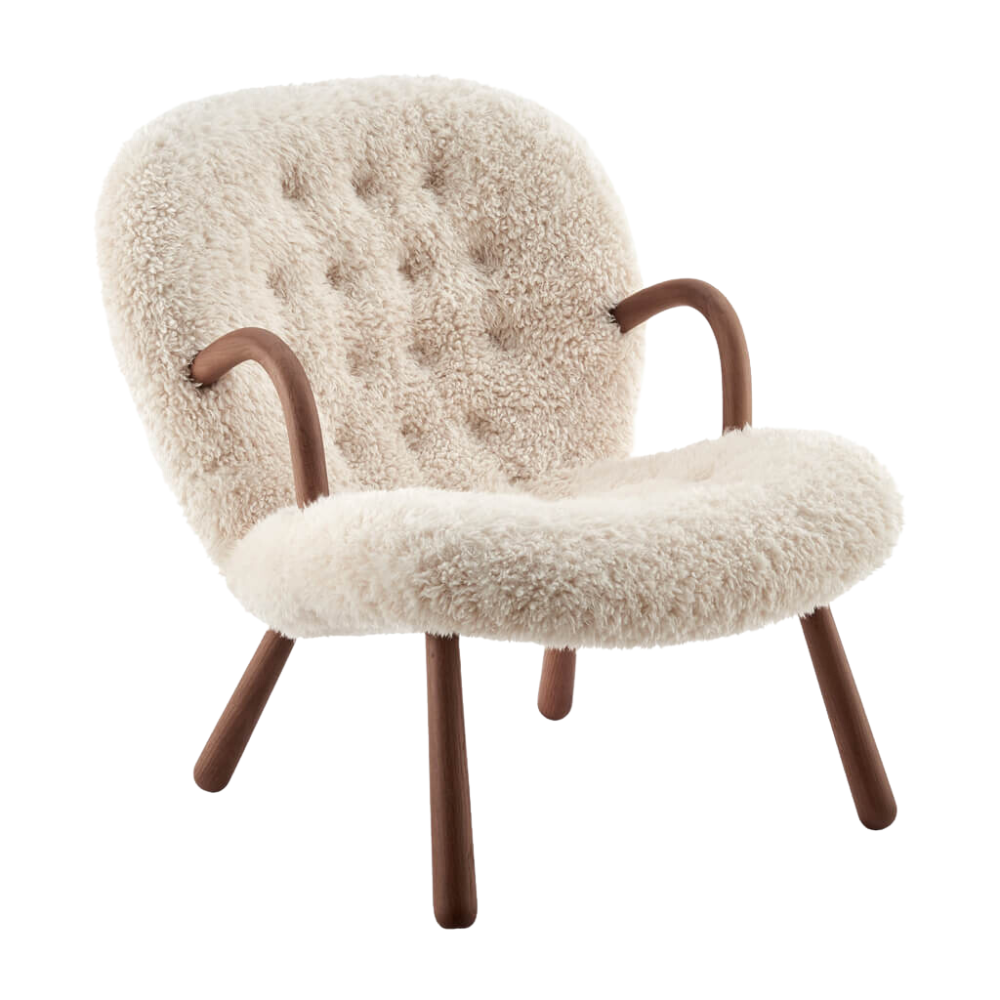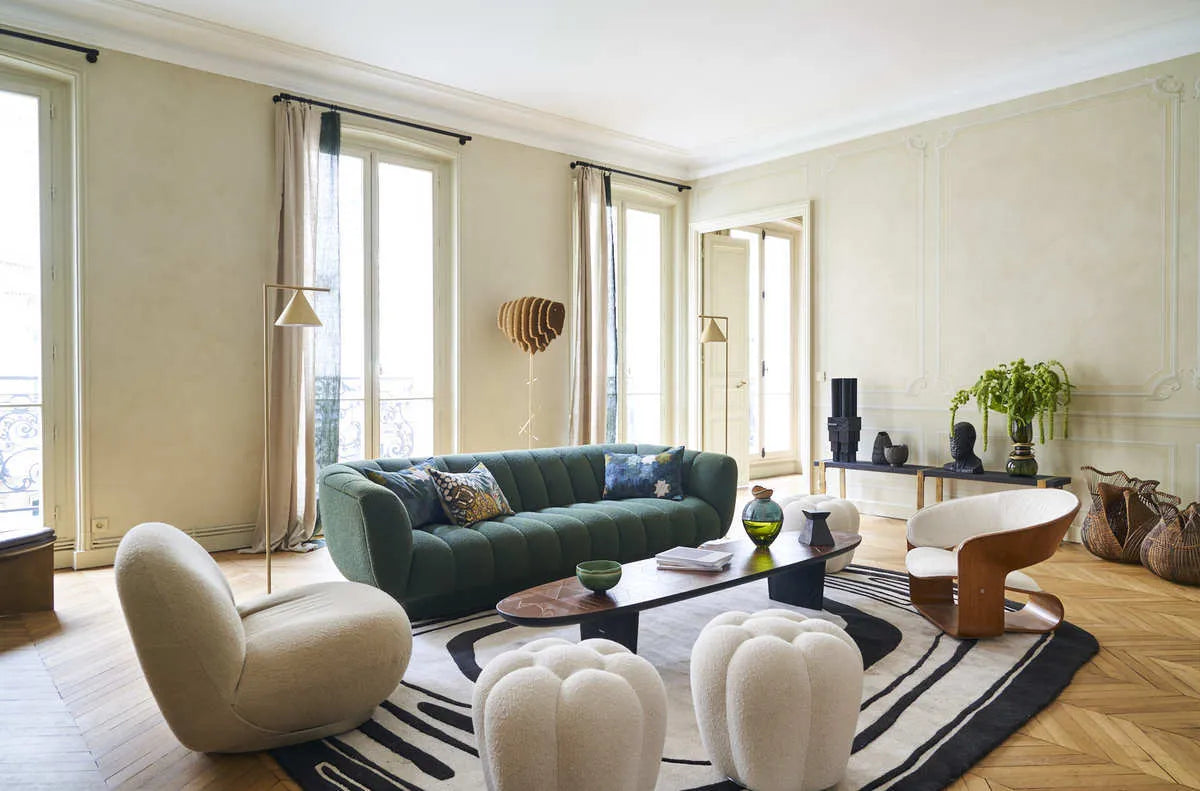Introduction
Jeff Koons, an iconic figure in contemporary art, is renowned for his innovative and striking creations. Among his celebrated works, the Balloon Dog series stands out as a remarkable blend of whimsy and sophistication. These sculptures have captivated audiences worldwide, embodying a unique intersection of playful art and profound symbolism. This article delves into the intricacies of the Balloon Dog sculptures, their historical context, variations, and their significance in the modern art landscape.

Background and Concept
The Balloon Dog sculptures are a pivotal part of Koons' Celebration series, which explores themes of joy, childhood, and the fleeting nature of life. Created between 1994 and 2000, these sculptures are inspired by the simple yet evocative form of balloon animals, often seen at children's parties. Koons masterfully transforms this ephemeral toy into a lasting piece of art, rendered in high-quality resin.
Koons' fascination with balloon animals stems from their metaphorical representation of human existence. He once remarked, "I've always enjoyed balloon animals because they're like us ... We're balloons. You take a breath and you inhale, it's an optimism. You exhale, and it's kind of a symbol of death." This profound insight into the human condition is a testament to Koons' ability to infuse deeper meaning into seemingly lighthearted subjects.
Variants and Notable Sales
The Balloon Dog sculptures come in several vibrant colors, including blue, magenta, yellow, orange, and red. Each color variant carries its own unique appeal and has been displayed in prestigious art institutions and private collections globally.
One of the most notable variants, Balloon Dog (Orange), made headlines in 2013 when it sold for a staggering $58.4 million at Christie's auction house. This sale positioned it as the fourth most expensive artwork sold by a living artist at the time. Another variant, Balloon Dog (Blue), is part of the collection at The Broad contemporary art museum in Los Angeles, showcasing its enduring popularity and significance in the art world.

A Contemporary Icon: The Incident in Miami
The fascination with Koons' Balloon Dog extends beyond galleries and auctions. In February 2023, a small 16-inch version, valued at $42,000, was accidentally destroyed at the Art Wynwood art fair in Miami. This limited edition piece, crafted from Limoges porcelain by the French company Bernardaud, was one of 799 pieces. The incident, where a visitor unintentionally toppled the sculpture, highlighted the delicate balance between the artwork's perceived durability and its actual fragility.
Exploring Custom Furniture Inspired by Balloon Dog
Drawing inspiration from Koons' Balloon Dog sculptures, contemporary furniture designers have embraced similar themes of playfulness and bold color palettes. Custom furniture can be tailored to reflect the same vibrant energy and artistic flair.
Materials
Choosing high-quality materials is crucial to ensure that custom furniture is not only visually appealing but also durable and sustainable. Materials such as premium wood, metal, and eco-friendly composites can provide the perfect foundation for unique furniture pieces.
Specifications
Customization allows for precise tailoring of size and dimensions to fit any space perfectly. Whether it's for a home or office, bespoke furniture can transform an environment, making it more functional and aesthetically pleasing.
Colors
A wide array of colors can be selected to either match existing decor or create a standout piece. Inspired by the vivid hues of Koons' Balloon Dogs, custom furniture can add a pop of color that invigorates any room.
Conclusion
Jeff Koons' Balloon Dog sculptures are more than just playful art pieces; they are profound symbols of human existence, encapsulating joy, fragility, and the passage of time. Their vibrant presence in the art world and their influence on contemporary design continue to inspire and captivate. As we explore custom furniture options, we can draw from the same wellspring of creativity and boldness that Koons has so masterfully demonstrated.



